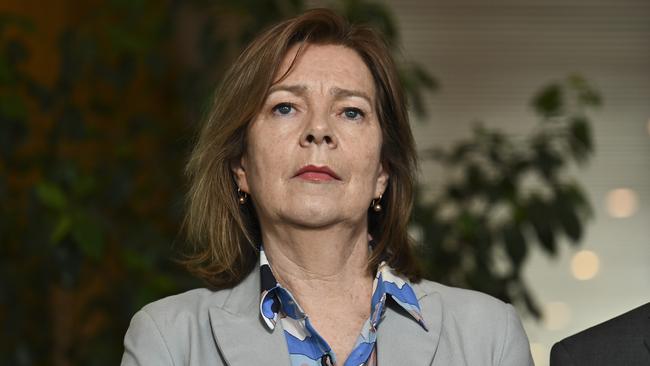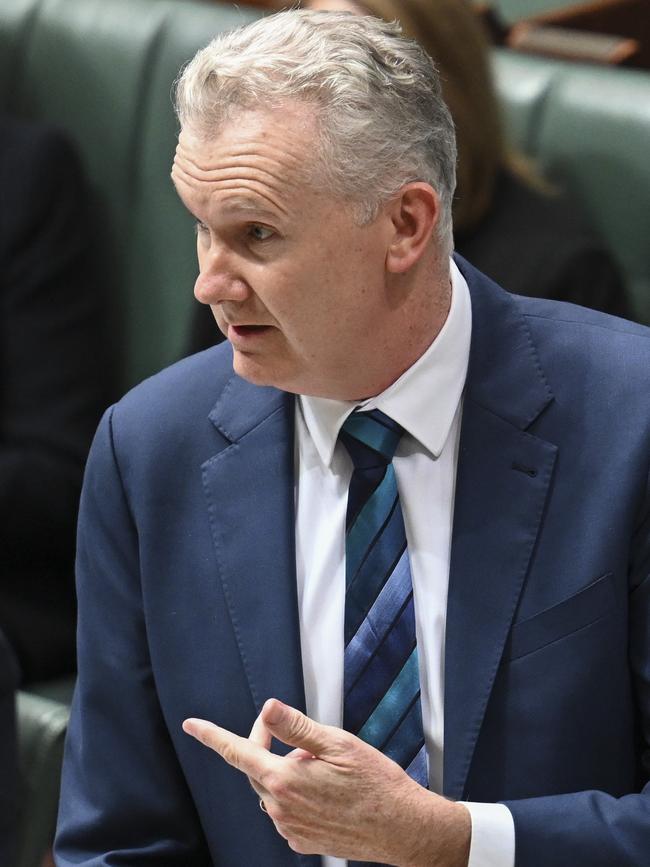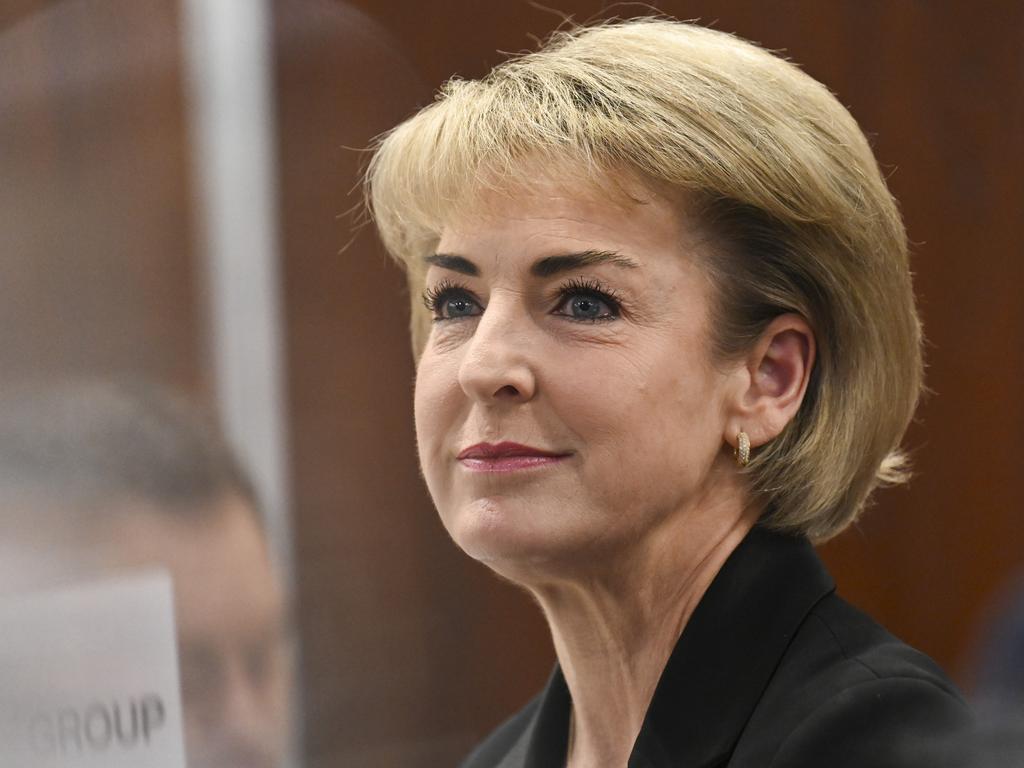Labor resisting ACTU push for paid reproductive leave
The federal government has signalled it will not support legislating a new reproductive leave entitlement.

The union movement will press the Albanese government to legislate universal access to 10 days’ paid of reproductive leave annually including employer-funded time off from work for IVF treatment, post-vasectomy recovery, prostate and breast cancer screening.
But the government signalled on Sunday it would not be backing the union claim, saying “ACTU policy and ALP policy have always been different (and) the major changes we intend to make are already law”.
The ACTU Congress in Adelaide this week will call on the government to insert reproductive leave entitlements into the National Employment Standards, rejecting business claims that existing personal leave entitlements were enough to allow workers to deal with the health issues.
ACTU president Michele O’Neil told The Australian “too many workers have been penalised or forced to bow out of employment because of reproductive health issues”.

“Unions will campaign for a universal paid 10 days’ leave to enable all workers access to this important category of leave,” Ms O’Neil said. “Working people have already campaigned, and won, this entitlement at some workplaces but we want to see this extended as a basic entitlement to all Australian workers.”
“Women have a range of specific needs that can cause them to have lower workforce participation and indeed many women have experienced discrimination because of their reproductive health. This is unacceptable and needs to change.”
Under the proposal, women would get access to 10 days’ paid reproductive leave to help them manage fertility treatment, pregnancy, breastfeeding, menstruation, breast screening and perimenopause and menopause issues. Men will be able to access reproductive leave for prostate screening, and to undertake and recover from a vasectomy.
The Queensland government has agreed to 10 days’ paid reproductive leave for 265,000 state public sector workers, and several existing enterprise agreements in the health, disability, finance and education sectors have paid leave and flexibility provisions relating to IVF treatment, endometriosis, menstruation or menopause.
Queensland unions are seeking a commitment from the Miles government in the lead-up to the state election to insert reproductive leave into state employment standards and extend it to local government next year.
Queensland Unions general secretary Jacqueline King said a broad coalition of unions wanted the ACTU to campaign for a commitment from the Albanese government to legislate 10 days’ paid reproductive health leave for all workers in the National Employment Standards in 2025.
But business groups say the issue can be adequately addressed through the existing 10 days of personal leave under the NES and there is no need for a new form of leave “for every circumstance that may arise in the private life of an employee”.


In a sign the government will not support inserting the entitlement into the NES, a spokesman for Workplace Relations Minister Tony Burke said on Sunday “ACTU policy and ALP policy have always been different”.
“The major changes we intend to make are already law and making a difference with more secure jobs and better pay,” he said.
“We have fixed the bargaining system, criminalised wage theft, started closing the gender pay gap, given minimum standards to gig workers, closed the labour hire loophole and given more rights to casual workers.”
Arguing there was “widespread community support” to establish the entitlement for all workers, Ms King said many women and men experienced reproductive health issues during their working lives.
“We know one million Australian women have been diagnosed with endometriosis. One in six couples will experience fertility issues. And early detection of breast or prostate cancer can save lives. Access to additional leave and flexible work options will help them manage these issues better.”
The ACTU Congress will hear from female union officials who have been through IVF treatment, including Australian Workers Union Queensland secretary Stacey Schinnerl, a mother of two sets of twins conceived through IVF.
She said the new entitlement would mean workers would not have to exhaust personal leave to address reproductive health issues, “meaning sick leave can be kept for when you are sick”.








To join the conversation, please log in. Don't have an account? Register
Join the conversation, you are commenting as Logout